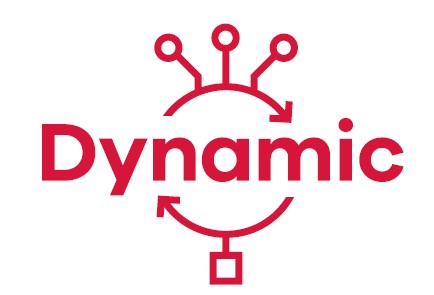DYNAMIC - Dynamic electronic decision trees to manage childhood illness
Project Abstract
Every year in low- and middle-income countries, more than 5 million children under the age of 5 years die from preventable illnesses due to poor clinical management at the primary health care level. In many remote clinics, health workers lack basic diagnostic tools, skills, supervision, and interactive clinical guidelines to properly care for sick children. As a result, they may not receive the correct diagnosis or treatment, and may not be referred to the hospital in time. Poor prescribing practices of antibiotics and other medicines can lessen their effectiveness over time not only in the patient but also in the entire community.
The goal of the DYNAMIC project is to promote antibiotic stewardship and mitigate antimicrobial resistance using an electronic clinical decision support algorithm (CDSA) that helps front-line health workers manage sick children under 15 years of age.
The tablet-based application accepts clinical signs and symptoms, measurements, and test results, and the algorithm provides recommendations for diagnoses, treatments, management and referral. In addition to the electronic CDSA, point-of-care tests and devices such as pulse oximetry, hemoglobinometer, urine dipstick test, and rapid tests for malaria, HIV, and C-reactive protein form an integral part of the intervention.
The project utilizes an innovative software solution called the medical algorithm suite (medAL-suite). Clinicians create algorithms themselves in medAL-creator using a “drag and drop” interface and automatic terminology/code sets, significantly reducing or eliminating IT programming. The algorithms are executed on medAL-reader, the front-end tablet-based application. medAL-hub and medAL-data support project deployment in health facilities, designed specifically for unstable power and internet connectivity settings.
Following a pilot study, in which antibiotic prescriptions were reduced 3 to 4-fold, the intervention is currently being evaluated in full pragmatic cluster-randomised controlled trials (cRCTs) in Tanzania and Rwanda. Training of health workers and IT set-up is taking place gradually, with 34 health facilities using the application in Tanzania and 20 in Rwanda as of January 2022. Enrollment and follow-up rates are high in both countries (~80% or higher). Uptake, or completion of medical cases in the application, is variable (60-80%), in part due to high patient loads and occasional IT issues that we actively monitor through internal dashboards and resolve.
Next steps in the project involve the development of external monitoring dashboards (medAL-monitor and medAL-outbreak), development and integration of machine learning features (medAL-ai), and exploring interoperability with existing digital tools to facilitate integration of medAL-suite into the health system and ensure its sustainability.
Main Applicant(s)
Geography
Involved Regions:
Africa
Involved Countries:
Rwanda,
Tanzania, United Republic of
Related Topics
All TopicsRelated Activities
All Activities
